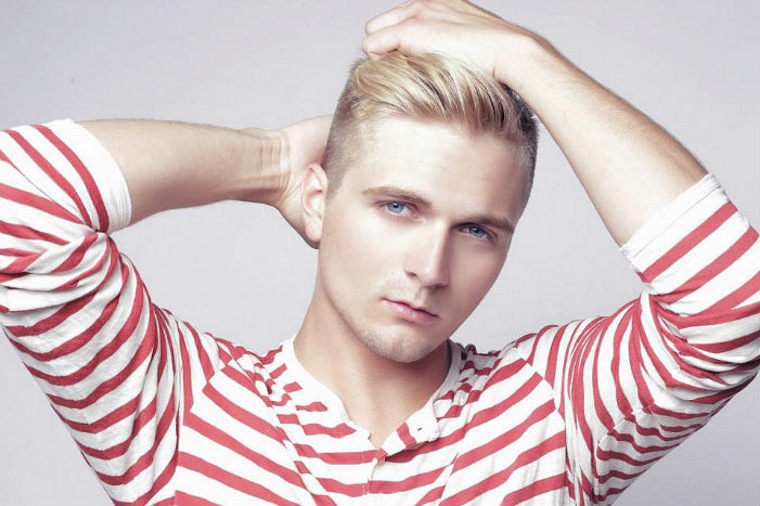On the verge of turning 39, I am not quite one of the over-40 men trolling the gay bars that Dalton Heinrich so viciously vilifies in this ridiculous post he wrote for GayGuys.com. In the article, Heinrich laments all those “sad, thirsty” men over the age of 40 who still go out to bars and clubs. He wants to know when they’ll grow up and start families. He wants them to get out of their “Peter Pan” syndromes and act their age. He wants them to be proper role models. Above all else, he wants to sound like he’s making a valid point. Unfortunately, he ends up sounding like a number of homophobic people who have a problem with the “gay lifestyle.”
Rather than offering a critical or even half-thoughtful reading of the differences between generations, Heinrich sticks to broad and sweeping generalizations, claiming that at a certain age we need to start acting a certain way, settling down and having families. It might have been charmingly nostalgic if it wasn’t so ass-backwards and close-minded.
It must be noted that by writing such a post Heinrich perpetuates the very stereotypes he so deeply criticizes. He attempts to shade it with the shaming of such gentlemen as not providing a good set of role models for him. I’d like to remind Heinrich that some of those “over-40” gentlemen fought for him to have a voice and to spew such stereotypical nonsense, and they’ve earned the right to have a night out if and when they please.
There are two quotes in the post that particularly wrought my ire:
“I think most of the gay men I associated with had never mentally passed the age of 25.”
“Why are there so few gay men in my life that look at the next generation as someone to mentor and coach rather than a new addition to their dating pool?”
The common thread here, Mr. Heinrich, is not the gay men you lump so carelessly together, but yourself. You chose the people in your life. The gay men in your circle of friends likely did not force themselves upon you, but found their way into your world by invitation or your own machinations. You get to decide who your role models will be. If you don’t like them, then you’re the one to blame.
I wonder how Heinrich would feel about such stunningly-stupid generalizations like ‘Young gay guys are stupid’ or ‘Twinks are pretty but vacuous.’ I could list a staggering number of examples of each, but I don’t do that because as a thinking person I know how such stereotypes can be damaging and dangerous.
If Heinrich took the time to talk to some of the over-40 guys he finds unfit to be role models, he might change his mind. I know a number of gentlemen who regularly go out to bars for the social aspect, the shows, the dancing, and the friendship. They’re just as good at being role models as a gay father who stays home tending to his family.
Mr. Heinrich, I would ask that you consider that there’s enough room in the world for everyone, and enough room at the 18-and-over bars for those, well, over 18. In your post you asked, “When my generation of gays gets older are we going to think that is the normal thing to do with our nights?” If it is, it will be entirely a matter of your own making.
Growing up, I had even fewer visible gay role models than you do. Rather than limiting myself to those few brave souls, I sought out anyone  who impressed me, who made me want to be a better person. That included older gay men and women, and – just as importantly – straight men and women. It included people who enjoyed hanging out in gay bars, as well as those who preferred to stay home and read. The one thing I never did as a younger gay guy was to go around judging others based on their age or what I thought they should be doing with their lives. Perhaps you’d do better by broadening your own mind, rather than criticizing the rest of the world for being as limited in their views as you have proven to be.
Yes, it’s true that certain men do have a problem growing up. Thank you for revealing another one, Dalton Heinrich.
Back to Blog
